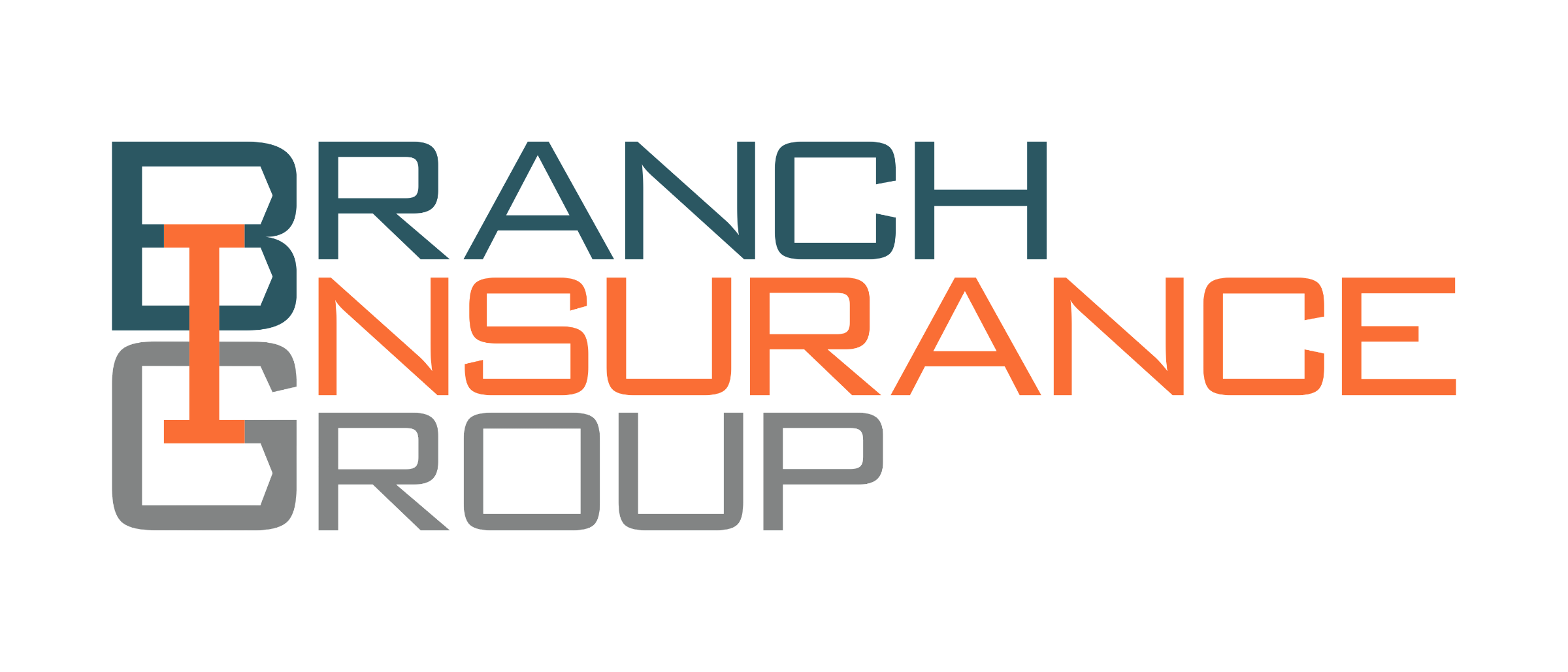Health Insurance 101 for the First-Time Buyer
Healthcare is an essential component of our lives. Having the right health insurance coverage is crucial for your well-being and financial security, but it can be overwhelming if you’re a first-time buyer looking to navigate the complex world of health insurance.
Thankfully, you’ve come to the right place. We’re going to walk you through the basics of health insurance, its significance, the different types available, and the important part that health insurance brokers can play.
Why Health Insurance is So Important
Health insurance is more than just a policy; it’s a shield that protects you from the unpredictable nature of medical expenses. But why is it so important?
Health insurance can offer you protection from unexpected medical expenses. Accidents and illnesses can strike at any time. Health insurance coverage ensures you’re not burdened with exorbitant medical bills when dealing with health-related stress.
Plus, in many places, having health insurance is a legal requirement. Failing to have coverage might result in penalties during tax season. It also provides you with access to quality healthcare. Having health insurance opens doors to a network of healthcare providers, allowing you to receive timely medical attention and access to specialists.
Essentially, health insurance can help provide more financial security and peace of mind since healthcare costs can be overwhelming. With the right insurance, you can focus on your recovery rather than worrying about how to cover medical expenses.
The Different Types of Health Insurance
Understanding the types of health insurance available can help you choose the right plan for your needs. Let’s take a look at some of the various types of health insurance and which one may be best for you:
Employer-Sponsored Health Insurance
Many employers offer group health insurance coverage to their employees. These plans often come with various options and are deducted from your paycheck.
Individual and Family Health Insurance Plans
If you’re self-employed or your employer doesn’t provide coverage, you can explore individual or family plans. These plans can be purchased through insurance marketplaces or directly from providers.
Government-Sponsored Health Insurance
Government programs like Medicaid and Medicare provide coverage to eligible individuals and seniors. They play a vital role in ensuring healthcare access for specific groups.
Health Maintenance Organizations (HMOs)
HMOs offer comprehensive coverage, with a primary care physician overseeing your care. They require referrals to see specialists but often have lower out-of-pocket costs.
Preferred Provider Organizations (PPOs)
PPOs offer more flexibility in choosing healthcare providers and specialists. While there’s more freedom, costs can be higher compared to HMOs.
Public Health Insurance vs. Private Health Insurance
Another thing to consider when looking for the right coverage for your needs is whether to use public or private health insurance. The key differences between these two types of health insurance are in terms of their funding sources, coverage options, and target populations.
Public Health Insurance
Public health insurance, typically offered by the government, is funded through taxes and government revenue. It aims to provide essential healthcare coverage to specific groups, such as low-income individuals, seniors, and those with disabilities. Public health insurance programs, like Medicaid and Medicare, often have standardized benefits and eligibility criteria set by the government.
Private Health Insurance
On the other hand, private health insurance is purchased directly by individuals or provided by employers. It offers a broader range of coverage options, including plans with varying levels of benefits, premiums, and network providers.
Private health insurance caters to a wider spectrum of individuals and families, offering more flexibility in choosing healthcare providers and services.
Which One is Right For You?
Well, that’s going to come down to your specific needs and wants out of health insurance coverage. While public insurance emphasizes accessibility and affordability for vulnerable populations, private insurance focuses on customization and extended coverage for a wider demographic.
The Role of a Health Insurance Broker
Many people may need help navigating the health insurance system. That’s when it’s helpful to bring in an expert, like a health insurance broker. These are knowledgeable professionals who can help you navigate the complex landscape of health insurance options.
Insurance brokers offer expert guidance, help you compare different plans, and facilitate the enrollment process. They simplify the journey of finding the proper coverage.
Key Benefits of Using a Health Insurance Broker
There are many reasons to consider utilizing a health insurance broker’s services during your experience. Here are some of those benefits:
- Access to a Variety of Plans – Brokers have access to a wide range of plans from various insurance providers, increasing your chances of finding a plan that suits your needs.
- Customized Recommendations – Brokers take the time to understand your unique situation and recommend plans that align with your healthcare requirements and budget.
- Simplified Plan Comparison – With a broker’s expertise, you can easily compare different plans’ features, coverage, and costs, making an informed decision.
- Clarification of Complex Terms – Insurance jargon can be confusing. Brokers break down insurance terms, ensuring you understand what you’re signing up for.
- Assistance with Enrollment and Paperwork – Brokers guide you through enrollment, ensuring all paperwork is completed accurately and efficiently.
Tips for First-Time Health Insurance Buyers
“Shopping around” for health insurance isn’t like your typical everyday purchase. You should do your research and make sure you’re looking at each plan from all the right angles. Here are some tips if you’re a first-time buyer for this crucial coverage.
Assess Your Healthcare Needs
Understand your medical needs and consider factors like prescriptions, doctor visits, and potential future requirements in your plan.
Consider Your Budget
Determine how much you can comfortably allocate each month or year to health insurance premiums and potential out-of-pocket costs.
Understand Coverage and Benefits
Make sure you thoroughly review what each plan covers, including preventive care, specialist visits, hospital stays, and more.
Research Network Providers
Ensure that the plan’s network includes convenient healthcare providers and facilities to your location and health needs.
Review Prescription Drug Coverage
If you take medications regularly, assess how different plans cover prescription drugs or even how generic brands can cut down costs.
Don’t Hesitate to Ask Questions
Whether you’re dealing with insurance terminology or specific plan details, don’t hesitate to contact a health insurance broker for further clarification.
Health insurance is a critical investment in your well-being and financial security. As a first-time buyer, navigating the complexities of health insurance can be daunting, but with the right knowledge and guidance, you can make informed decisions.
We Make Buying Health Insurance Easier
At Branch Insurance Group, we’re dedicated to simplifying your health insurance journey. Our experience and expertise make us a reliable partner in finding the right coverage. We’ve helped numerous individuals and families in Las Vegas, NV and St. Louis, MO secure the ideal health insurance plans tailored to their needs.
Get a quote for insurance coverage and connect with a broker who’ll assist you every step of the way.











